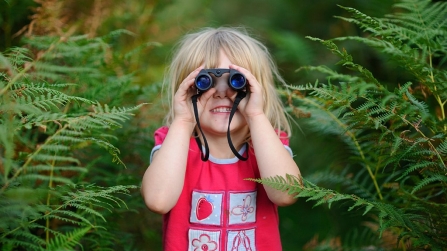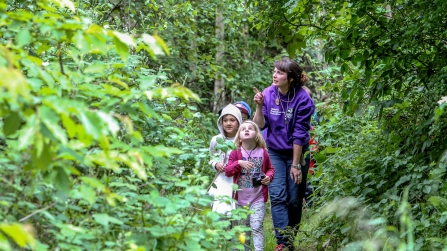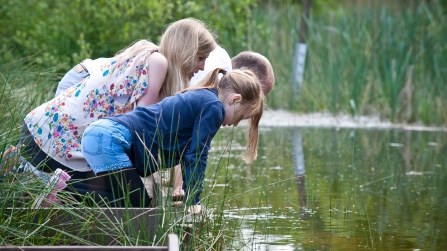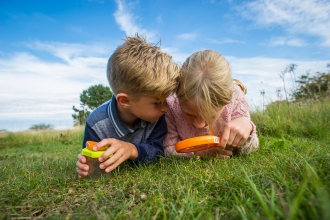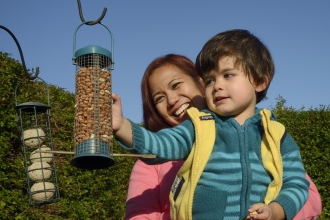BBOWT believes that everyone deserves the opportunity to experience the joy and wonder of wildlife and the natural world.
This feels particularly true for our children. I know for me nature was central to my childhood, being outside was a release where time evaporated into dusky evenings, and in summer months warm thermals carried the scent of honeysuckle and the hum of insects.
On the mad dash for home, as my bike wheels turned faster in anticipation of supper, I batted off swarms of gnats and moths, swallowed a few too. These were happy days fuelled by contact with nature.


